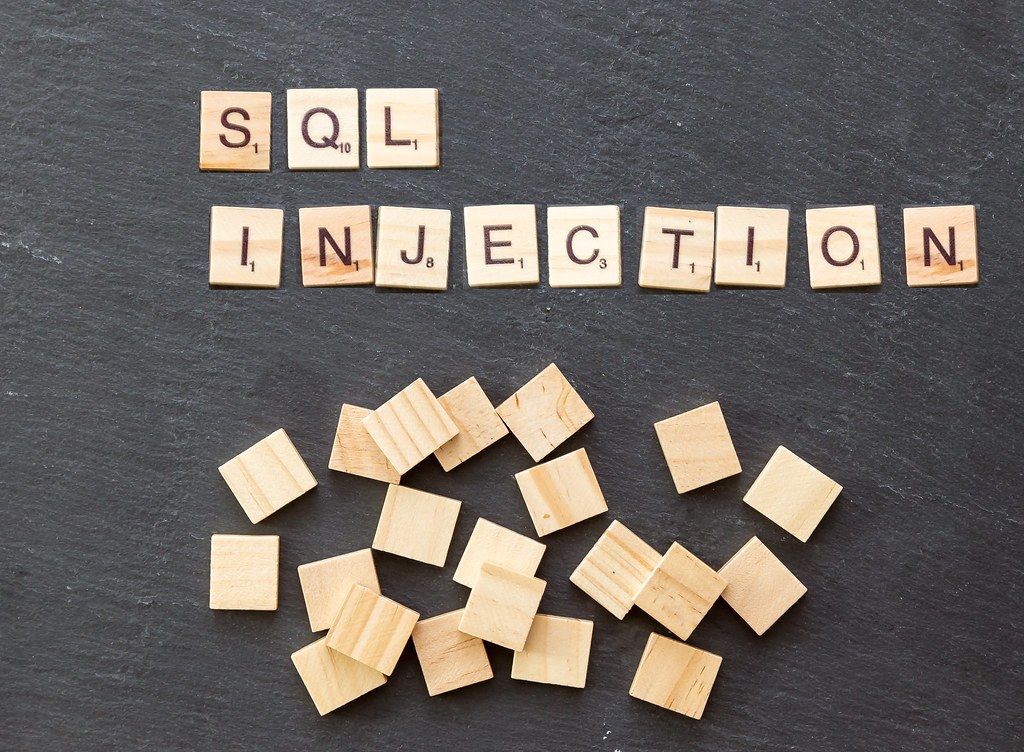Why are SQL injections bad

Structured Query Language (SQL) is a popular programming language used in web development to interact with databases. SQL Injection (SQLi) is a type of web application vulnerability that allows an attacker to execute arbitrary SQL commands and take control of a database. SQL injection attacks are one of the most common types of attacks on web applications, and they can have severe consequences. In this article, we will discuss why SQL injections are bad and how they can be prevented.
SQL injection attacks are bad because they can cause significant damage to web applications and databases. The consequences of SQL injection attacks can be devastating, ranging from stealing sensitive data to taking over entire databases. Attackers can use SQL injection attacks to gain access to confidential data, such as passwords, credit card numbers, and personal information. They can also use SQL injection attacks to modify or delete data in a database, which can result in data loss or corruption. In some cases, SQL injection attacks can even allow attackers to gain complete control over a web application, enabling them to execute arbitrary code on the server.
One of the reasons why SQL injection attacks are prevalent is that many web applications do not validate user input correctly. Attackers can exploit this vulnerability by inserting SQL code into input fields, such as search boxes, contact forms, or login pages. When the web application fails to validate the input correctly, it can execute the SQL code as if it were a legitimate query. As a result, attackers can bypass authentication mechanisms, execute arbitrary commands, and gain access to sensitive data.
SQL injection attacks can be prevented by implementing several best practices. One of the most effective ways to prevent SQL injection attacks is to use parameterized queries. Parameterized queries use placeholders for user input and ensure that user input is treated as data, rather than code. Parameterized queries also help to prevent other types of attacks, such as cross-site scripting (XSS), by encoding user input correctly.
Another way to prevent SQL injection attacks is to sanitize user input. Sanitizing user input involves removing any special characters, such as quotes or semicolons, from the input before it is processed. Sanitizing user input can help to prevent SQL injection attacks by ensuring that user input is treated as data, rather than code.
In conclusion, SQL injection attacks are bad because they can cause significant damage to web applications and databases. SQL injection attacks can result in data loss, theft of sensitive information, and even complete compromise of web applications. To prevent SQL injection attacks, web developers must implement best practices, such as using parameterized queries and sanitizing user input. By taking these steps, web developers can help to secure their applications and protect their users’ data.


